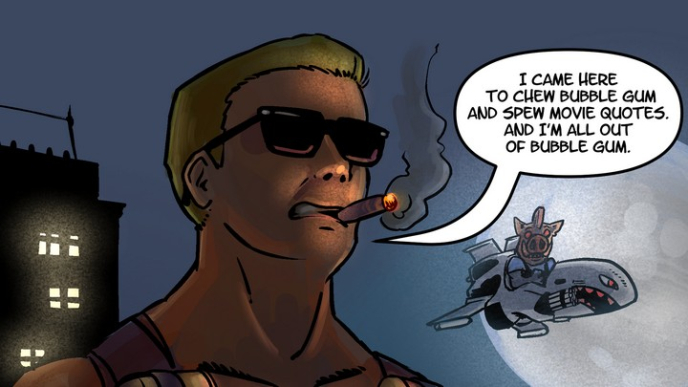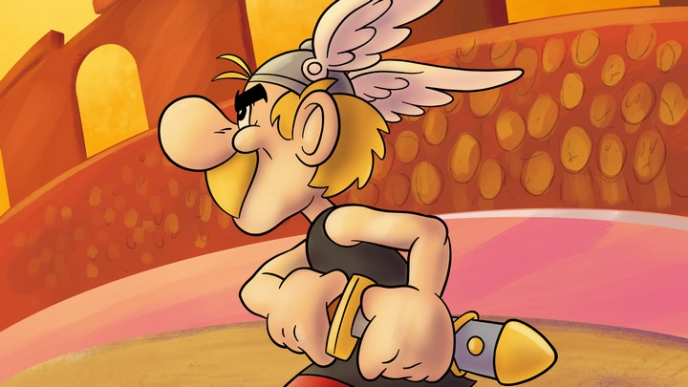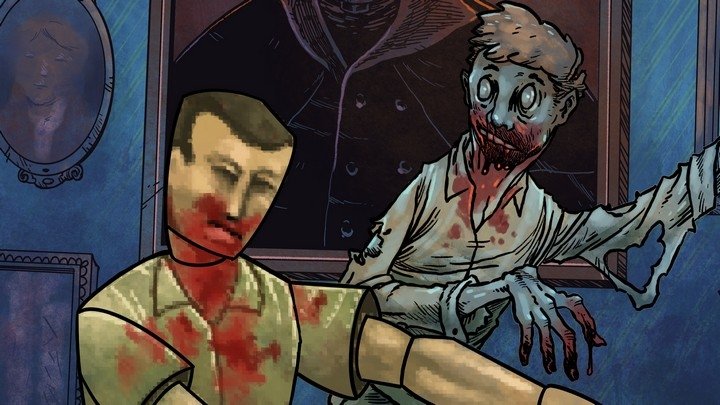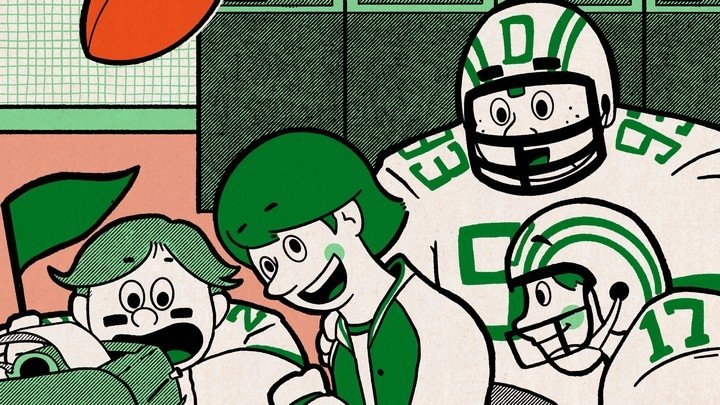All Together Then: Aero the Acro-Bat
Possibly the most words ever written about this series
I think I care about Aero the Acro-Bat more than any other living human being, except perhaps his creator, David Siller. No, you know what? It's still me. I'm the foremost Aeromantic person on the face of the earth, and that's all there is to it.
While Aero's gameography is small, with two main titles and a spin-off across three formats, it's of shockingly high calibre and, to my damaged raised-by-the-Spectrum-and-Sega-Master-System mind, stands as a bit of a beacon for glorious underrated B-games - you know, the kind of stuff you'll see YouTubers screeching about being "hawwrible" without actually putting any effort into learning how it works.
Yes, Nauties, I am a bitter man. Crucially, though, I am also a correct man, and it is without further ado that I initiate this very special All Together Then setting the world to rights about the best bat in gaming (except that Sonic one with the chebs).

Aero the Acro-Bat (1993, Mega Drive, SNES)
Aero's inaugural outing is a fascinating example of a terrific game that's held back by some very unfortunate problems. The original Mega Drive and SNES versions, anyway, but I'm getting ahead of myself. What kind of game is it? Well, shockingly, it's a platformer, with an appealing circus theme, which incorporates acrobatic stunts such as diving through flaming hoops, unicycling over a tightrope and bunji-jumping. It's all rather sensibly incorporated into the mission-based (jump through 30 hoops, find four switches, etc) gameplay. Aero himself controls well, with his nice forward-thinking little "drill" attack doubling as, er, a double jump. He can also fire collectable star projectiles at enemies, so he's well defended. Unfortunately this leads to the major problem with the game - all the defences in the world ultimately don't mean much as, in Aero the Acro-Bat, spikes kill you in a single hit. This isn't unheard of - hello Mega Man - but in Aero they're everywhere and require significant skill to bypass. Add this frustration to a generally difficult and surprisingly lengthy game with no passwords or save feature and you've got a brilliant platformer that's often downright obnoxious and dispiriting to play. Yes, you can use continues, but they'll drop you at the beginning of the world you entered. That's potentially four levels worth of progress lost.

Aero the Acro-Bat 2 (1994, Mega Drive, SNES)
The direct sequel is a bit of an odd duck. It takes a darker tone than the original, not so much "acro-bat" as "bat in the belfry". Which is appropriate, because the first world is a Belfry. The muted colours and music, along with the slightly grotesque cutscenes, create an unusual and not entirely appealing aesthetic. Gameplay-wise, though, Aero 2 is good fun. The controls are tighter, with better animation. Aero's new downward drill move helps a great deal with precision and the level designs are more open and friendly. There are secrets everywhere (as in Aero 1), and they've added a password system to make the game reasonably beatable. Sadly, there are still some problems - the variety of gimmickery in the original game is sorely missed, and when an alternate playstyle rears its head it's in the form of interminably long snowboarding stages that aren't fun in the slightest. It's a shame, because it would be an easy recommendation if the whole thing just popped a little more, but the generally subdued feel of the whole thing does it no favours. Without the vivid, colourful circus atmosphere, I find myself getting bored fairly quickly compared to the original.

Zero the Kamikaze Squirrel (1994, Mega Drive, SNES)
It's kind of weird that a spin-off was made starring franchise big bad Edgar Ektor's right-hand squirrel, but here we are. Thankfully it's really rather good, demonstrating more in common with Aero 1 than the sequel in terms of its design ethos. Taking control of Zero is necessarily more intricate - he has many more moves, including sweep kicks, spin-attacks, dives, swoops and shurikens - allowing for complex and interesting level design. Being a flying squirrel, Zero can utilise the aforementioned dive move to scale sheer cliffs, picking up speed on the downward drop before swooping to the side and finally upward, climbing and climbing. It's as exhilarating as it is tricky, but never feels unfair as the game gives you space to practice the move safely. It's full of quirky ideas, such as inflatable doorways (!) that you can accidentally burst, exciting ninja hot air balloons and - yes - jetskis! It's solid, challenging stuff and much more than you'd expect after the last game. And it's called Zero the Kamikaze Squirrel, for Christ's sake. When I first saw that title in the EGM 1995 Video Game Buyer's Guide, I assumed it was made up.

Aero the Acro-Bat: Rascal Rival Revenge (2002, GBA)
This isn't, strictly speaking, a fourth game. Indeed, it's a tarted-up port of the original Aero the Acro-Bat to Game Boy Advance. But the tarting is so thorough that it's almost transformative, making it the definitive game in the series. With a fairly major caveat. I'll get to it. Firstly, a battery back-up has been added, meaning you no longer have to beat the game in one sitting. The difficulty has been generally reduced, with more projectiles per collectable, less aggressive enemies and - hooray! - spikes no longer a one-hit kill. Aero's sprites have been upgraded to the more expressive Aero 2 variety and he's been given a new horizontal flight move for extra manoeuvrability. It's all faster, more colourful and simply better, and the addition of a "New Game +" mode is shockingly generous - it reinstates the danger of the spikes, but on your second pass and with a save feature this is entirely forgivable. The caveat? There's an enormous bug, a hole so gaping that I have no idea how it was missed. It requires some explaining. See, in Aero 2 there are no sloped platforms that you don't immediately slide down. As a consequence, in Aero GBA, despite using the Aero 2 sprites, it retains the sloped surfaces of the original, causing Aero to revert to his old Mega Drive self when standing on a gradient. However, that's not the bug. The bug is that there's no collision for these slopes while using the new horizontal flight move, meaning that any time you see any kind of diagonal platform you can fly through it, skipping huge swathes of gameplay, getting stuck in the scenery or falling out of bounds entirely. I don't know how they missed this, but honestly? I'm glad they did. It's hilarious. Despite this error, it's still a great game and the best representation of an underrated series. Aero - the lighter way to enjoy chocolate. (That's Malteasers. - Reader's voice)




